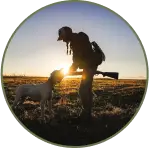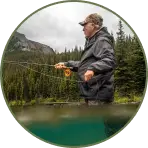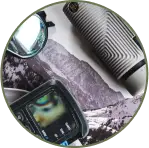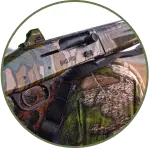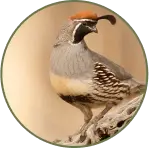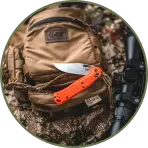Father’s Day Sale: Save $20 on a Premium Membership & make Dad a better outdoorsman. Gift Dad a Membership Today!

F&S | Featured Story
HOofing It to Trout HEaven
Yeah, way down yonder on the Chattahoochee. Never knew how much that muddy water meant to me.
By Kade gewanterApr 20, 2024

